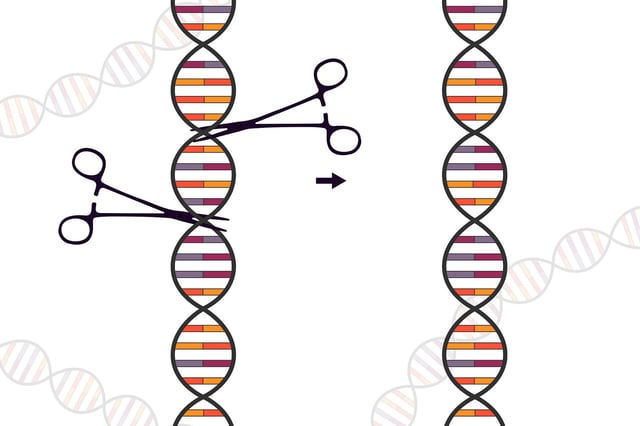Overview
- PAMmla, developed by researchers at Massachusetts General Hospital and Harvard Medical School, uses machine learning to design Cas9 enzymes tailored to specific genomic targets.
- The algorithm analyzed approximately 64 million SpCas9 variants, identifying enzymes with improved specificity and reduced off-target effects compared to existing tools.
- Validation experiments successfully corrected the P23H rhodopsin mutation, a cause of autosomal dominant retinitis pigmentosa, in both human cells and a mouse model.
- A publicly available web tool now enables researchers to customize Cas9 proteins for diverse research and therapeutic uses.
- The scalable workflow offers potential for expansion to other genome-editing technologies, including base, prime, and click editors.
